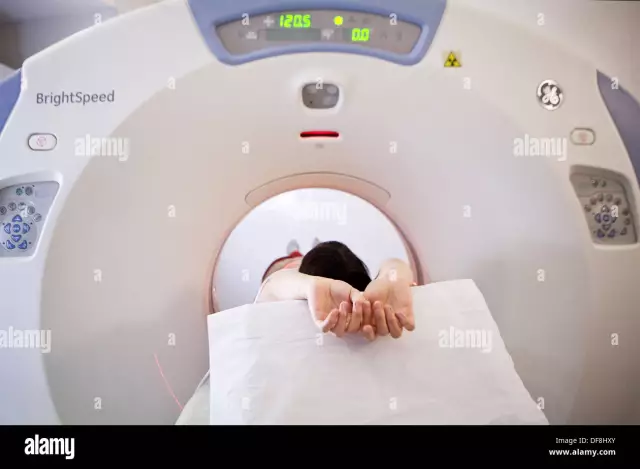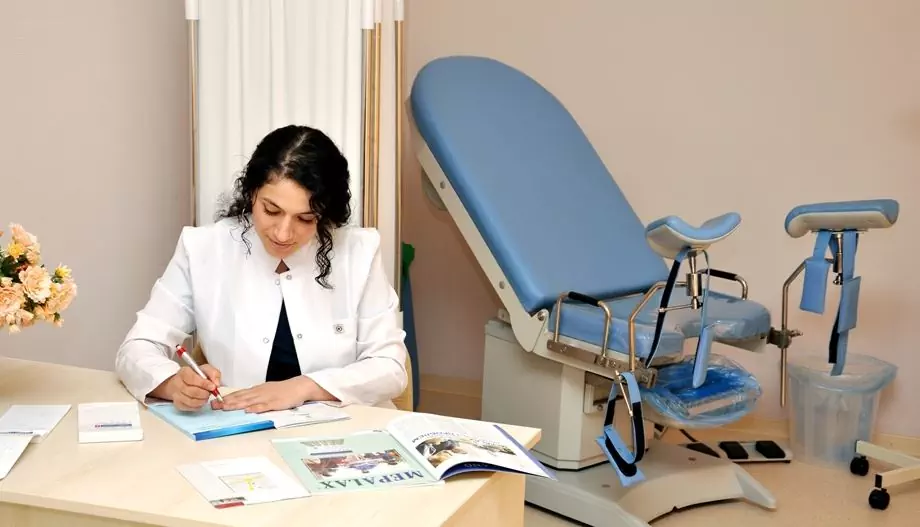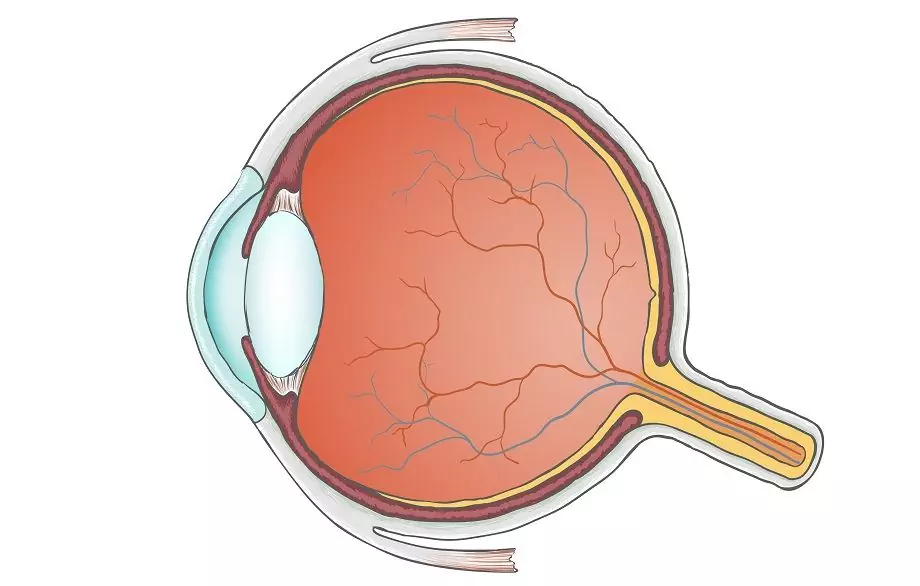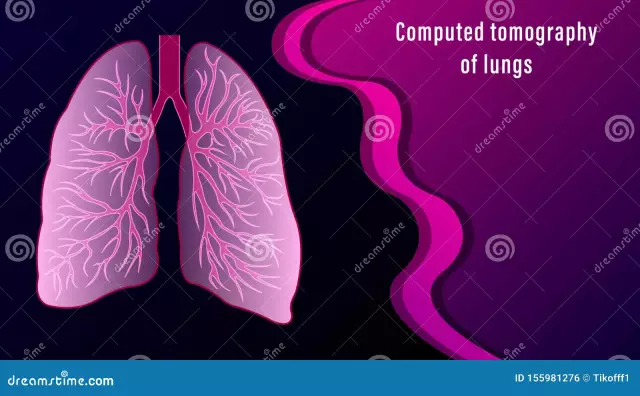- Author Rachel Wainwright wainwright@abchealthonline.com.
- Public 2023-12-15 07:39.
- Last modified 2025-11-02 20:14.
Complete diagnostic examination
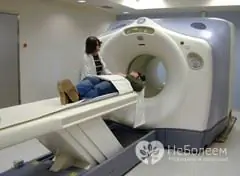
The most effective direction in medicine is the prevention of diseases, since any disease is much easier to prevent than to cure. However, in order to know what exactly to prevent and what preventive measures to take, a diagnostic examination of the body is necessary. A general diagnostic examination is carried out when a person does not have health complaints, his task is to identify the risk of diseases, or health problems that have already arisen at the stage when they are still asymptomatic.
The importance of this approach can hardly be overestimated. As an example, the following fact can be cited: most cancers are completely curable if they are detected at an early stage. But the trouble is, at an early stage, cancer usually does not manifest itself at all, this is its cunning. Usually, symptoms appear even when the tumor has developed significantly, and immunity has decreased just as significantly. If a person regularly undergoes a diagnostic examination, such a situation will not arise.
It is advisable to undergo a diagnostic examination once a year, and for people at risk for any disease, once every six months. Such regularity allows you to fully monitor your health and make the necessary adjustments in time. It is especially important to undergo regular diagnostic examinations in childhood and old age. At this time, a person is especially susceptible to diseases, of course, these will be different diseases in children and the elderly, but the vulnerability of these age groups is generally higher than in others.
The program of the general diagnostic examination is drawn up depending on the sex and age of the person, as well as his history. The goal is to determine the general condition of the body and the risk zones in a short time. If any are found, then a clarifying diagnosis is carried out in this direction.
The following procedures are mandatory for a diagnostic examination:
- Examination of the skin by a therapist;
- Determination of body parameters (weight-height index, etc.);
- Laboratory examination of blood and urine;
- Laboratory examination of feces, and in childhood, the analysis of feces for worm eggs is important, in the elderly - for occult blood;
- Blood pressure measurement;
-
Heart rate measurement;
- Electrocardiogram;
- Ultrasound of the abdominal organs;
- Fluorography of the lungs;
- Mammography (in women);
Based on the results of the examination, the doctor will give further recommendations: adjust the lifestyle, undergo an extended diagnostic examination of any system, start treatment, or continue in the same spirit.
Found a mistake in the text? Select it and press Ctrl + Enter.


